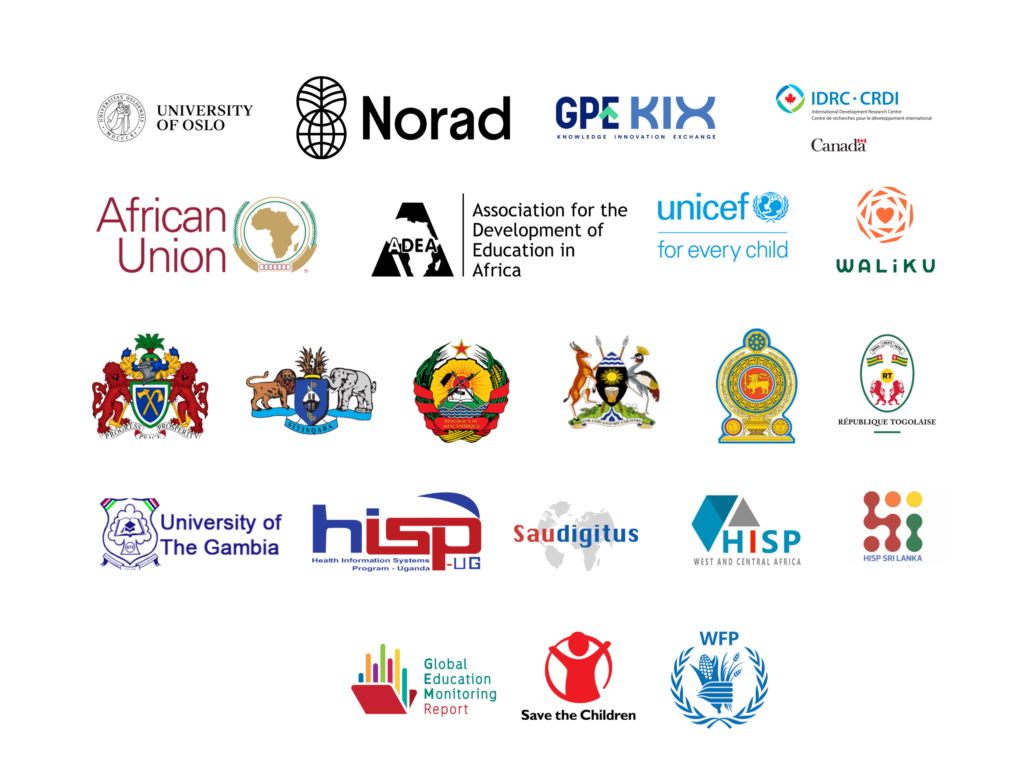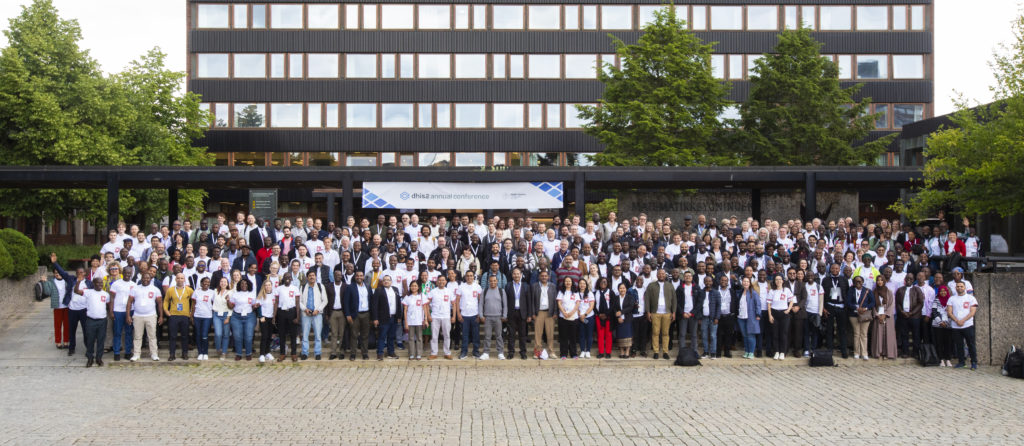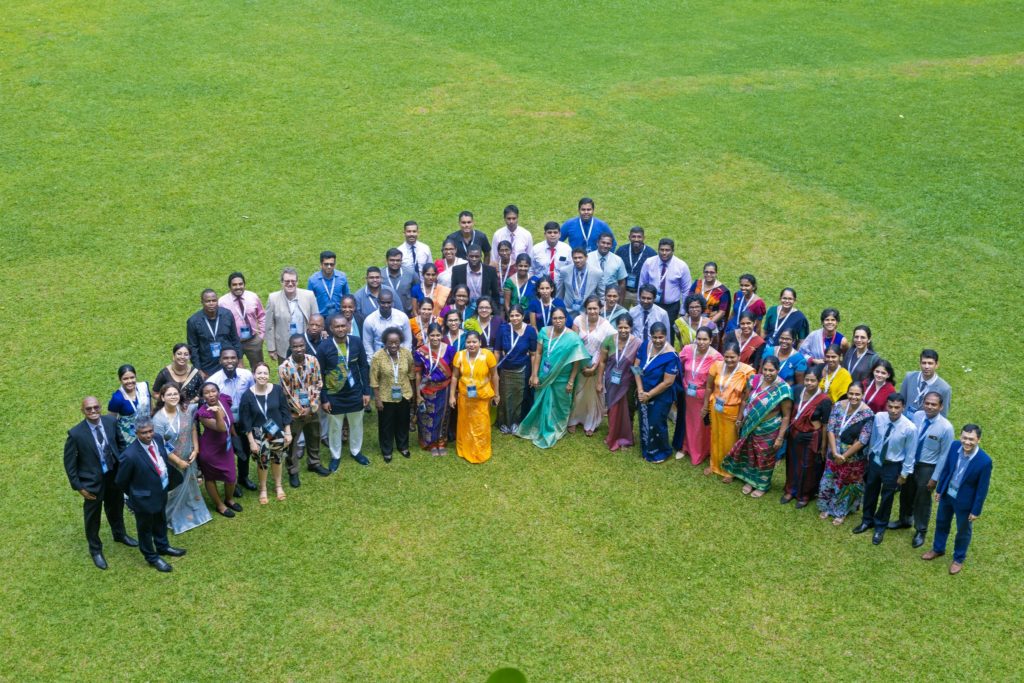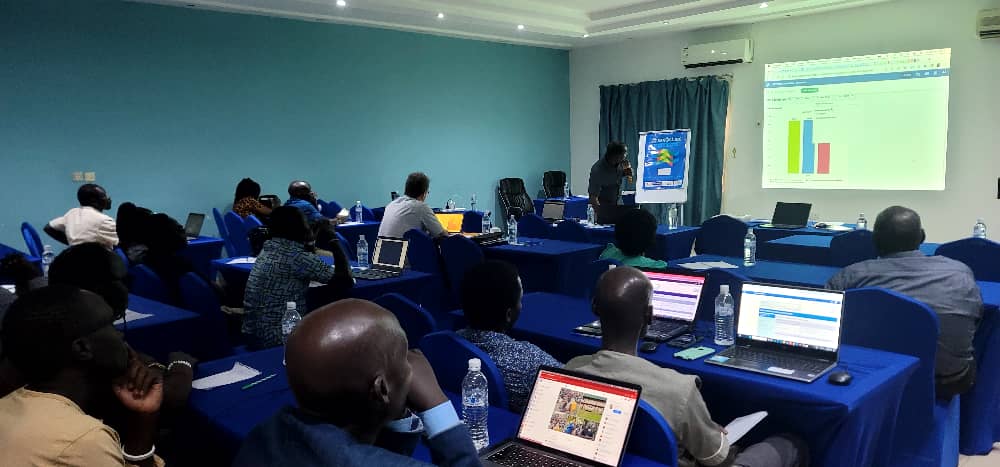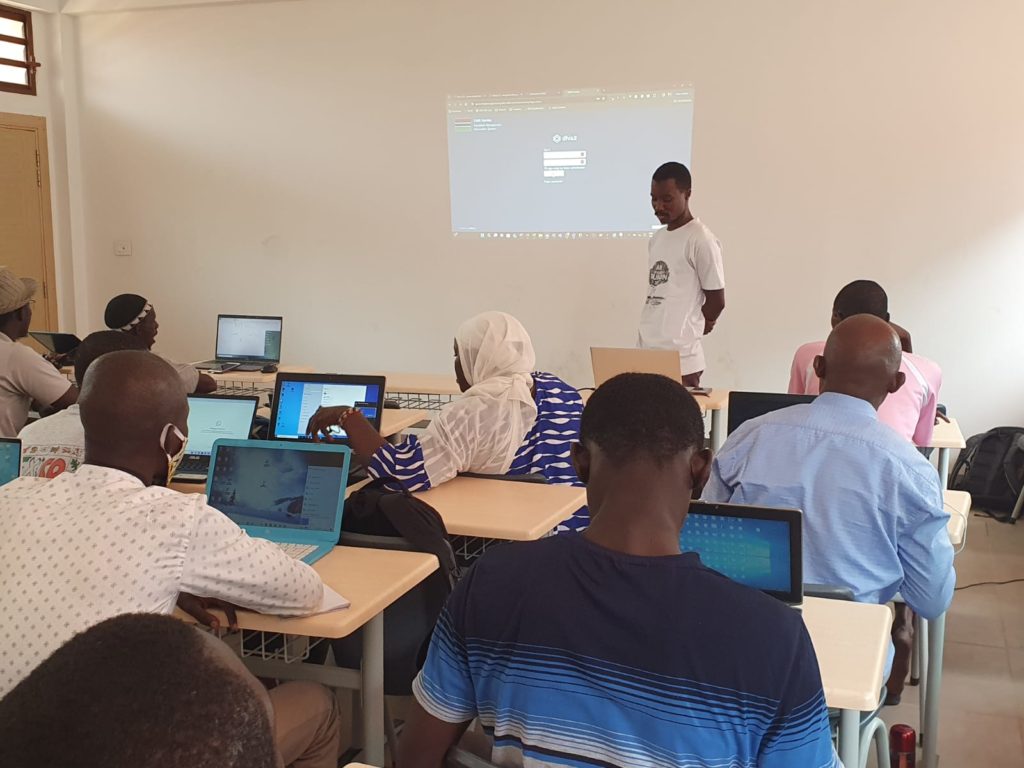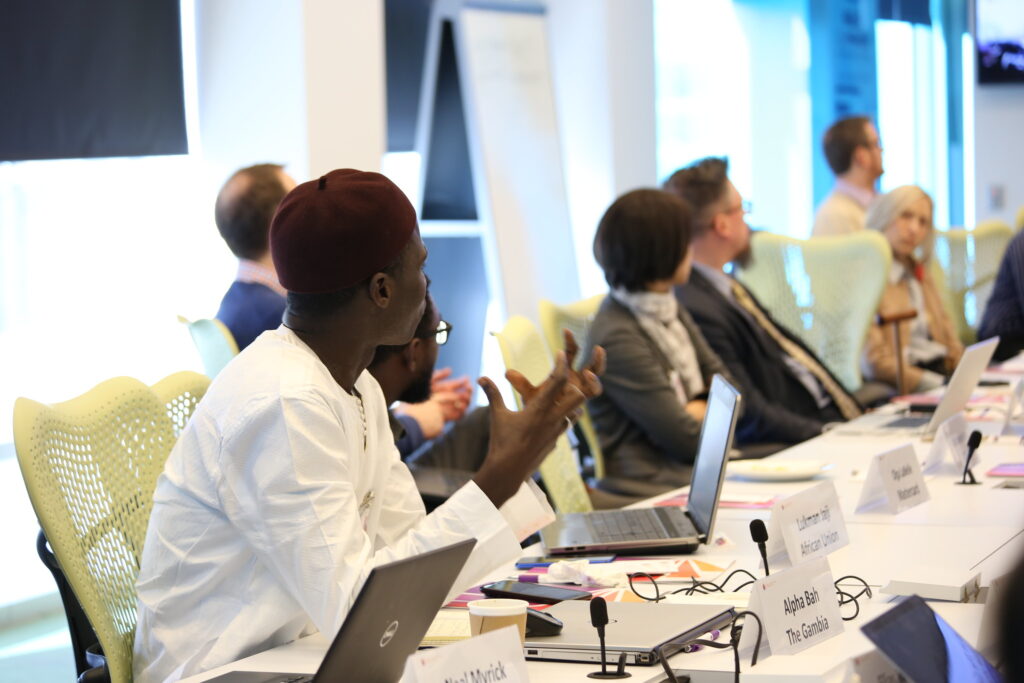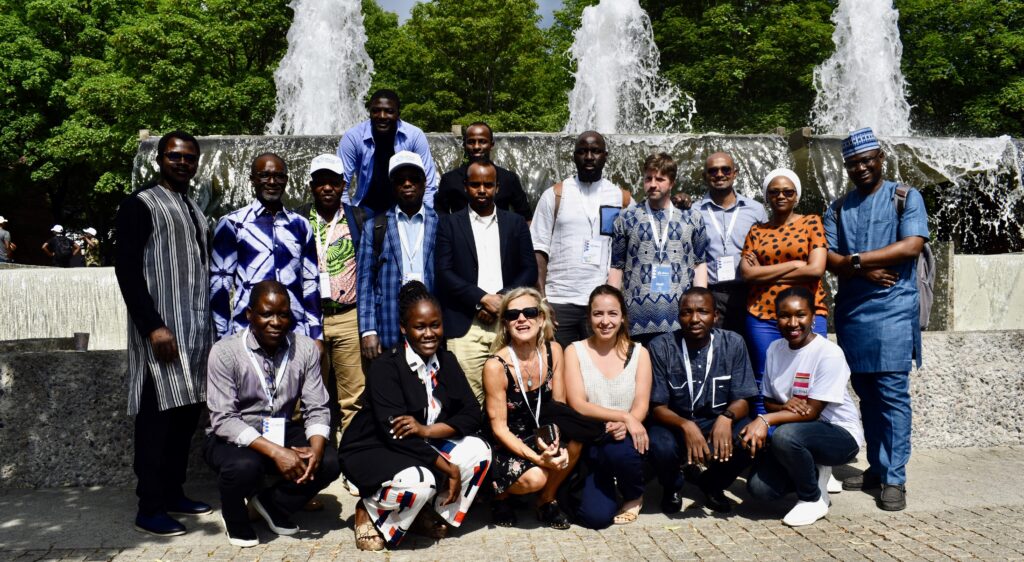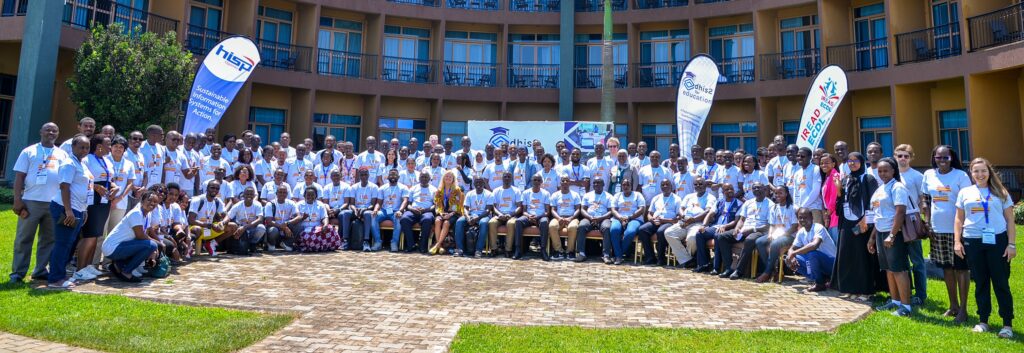
Cross-sector learning to improve education data use
Today, over 600 million children and adolescents are not achieving minimum proficiency levels in reading and mathematics. Most surprising is that two-thirds of these learners who are not learning, are in school. We need to ensure access to education for those out-of-school, retain those who are in school and at risk of dropping out and address the quality of education being delivered in the classroom. Addressing the education data challenge requires an EMIS shift from rigid production of statistics to dynamic analytics and early warning mechanisms for preparedness and response.
155 participants from 18 countries attended the Entebbe DHIS2 for Education Conference and Academy (21-25 August), hosted by the Basic Education Department Ministry of Education and Sports Uganda, HISP Uganda, Save the Children Uganda and the University of Oslo. The participants represented a wide range of stakeholders, such as Ministries of Education, Health and Finance; The Norwegian Embassy in Kampala; UNESCO; African Union IPED; and ADEA as well as head teachers, district education officers and more.
The participants joined together to share lessons on how to strengthen education data to ensure no one is left behind, and EMIS experts from 6 countries using DHIS2 for Education presented their work.
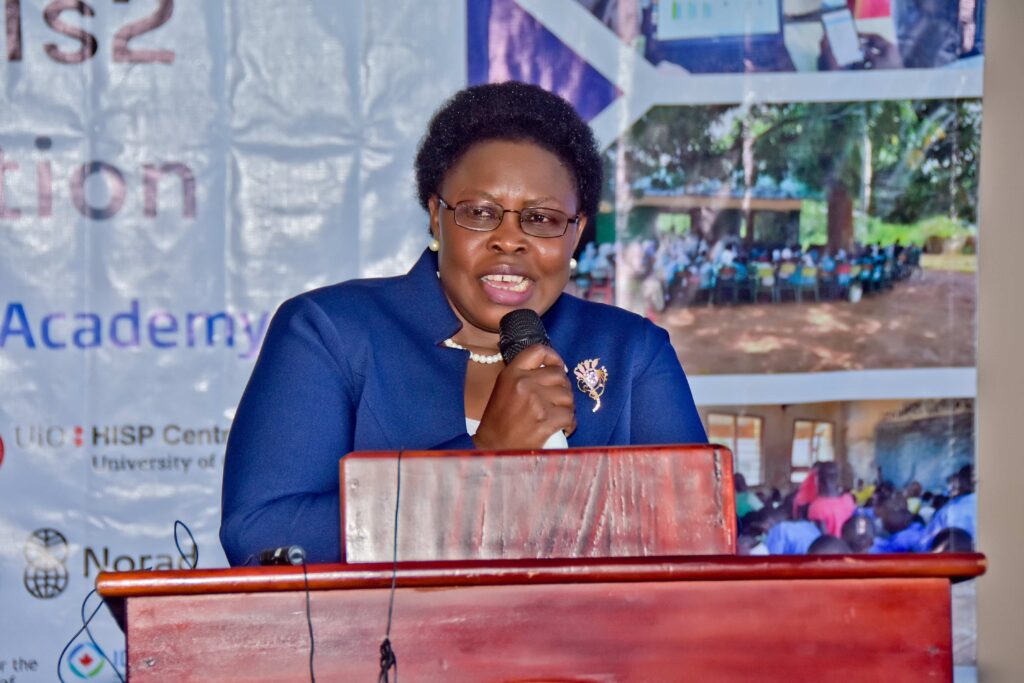
During the 5 days, experts shared experiences from using DHIS2 in the health sector in-country for over 10 years, which included harmonization of partners and tools through joint revision, streamlining reporting and building in-house capacity of a Ministry of Health core team to manage and own the system. EMIS experts from 6 Ministries of Education presented their journey on the slow but steady shift from headcounts to individual level data, integration with other ministries, and plans for sustainability. They also shared challenges related to lack of allocated EMIS budgets, missing EMIS policies and difficulties connected to lack of decentralization. The African Union’s Pan African Institute for Education for Development (IPED) complemented this by describing enabling factors impacting the EMIS environment such as policy and legal frameworks and resource availability and utilization, as described in the AU EMIS Norms & Standards.
District level data use cases were shared by Gulu City, recently gazetted as a district of excellence in Uganda. These included:
- Updating and routinely maintaining the Master School List for existing, new and closed schools
- Indicative planning figures used for wages and development grants to government schools
- Informing teacher transfers
- Improved local government performance in national assessments, where Gulu City received a 94% score for the education department thanks to improved data management practices
- Mapping and planning immunization campaigns (Polio, Measles, Yellow Fever and Tetanus vaccinations)
See Gulu City’s recent blog on routine data collection enhancing data use for more information.
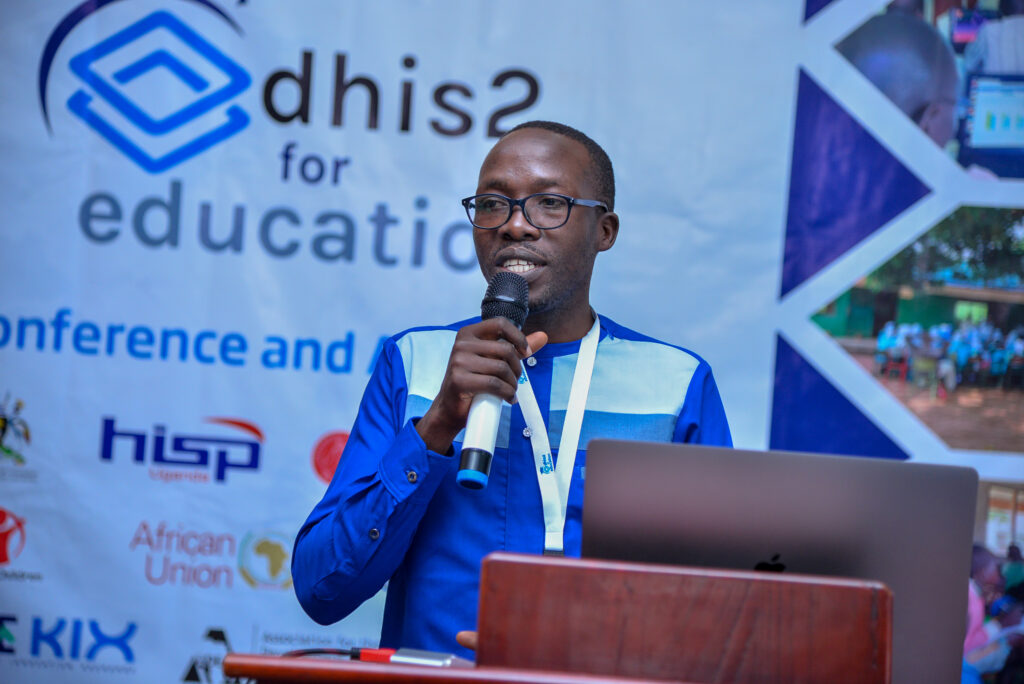
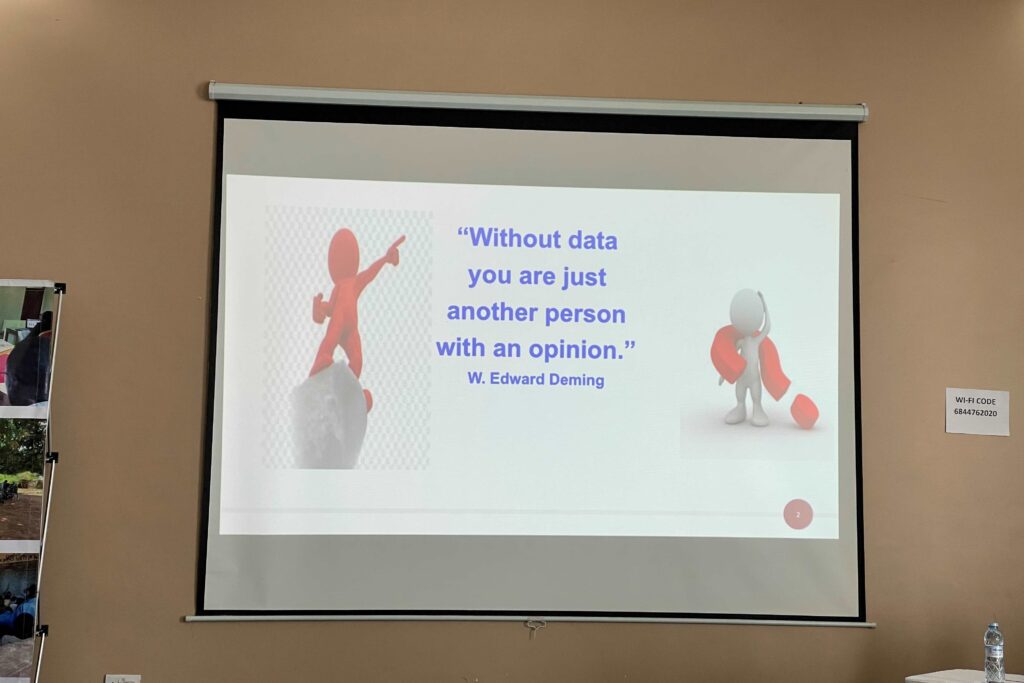
Watch a short segment from UBC Television Uganda, featuring remarks from State Minister Dr. Kaducu and Dr. Prosper Behumbiize, HISP Uganda:
Communiqué on EMIS Masters Programme
A side event was held by the University of the Gambia (UtG), the Ministry of Basic and Secondary Education (MoBSE), The Gambia, UiO and AU-IPED to discuss the soon-to-be launched EMIS Masters Programme. The programme is a demand and research-informed Masters in EMIS that will be piloted at UtG in collaboration with MoBSE and UiO. A communiqué marked the commitment of partners to:
- Build institutional support for the Masters degree and build the local capacity needed to drive the programme
- Ensure the curriculum is applied, fieldwork-driven, regionally relevant and creates opportunities for career progression
- Leverage on EMIS experts on the continent as visiting scholars
The communiqué marks the commitment to build a strong EMIS under the Ministry of Education to facilitate the provision of quality education data and inform the implementation of Education Sector Plans and strategies.
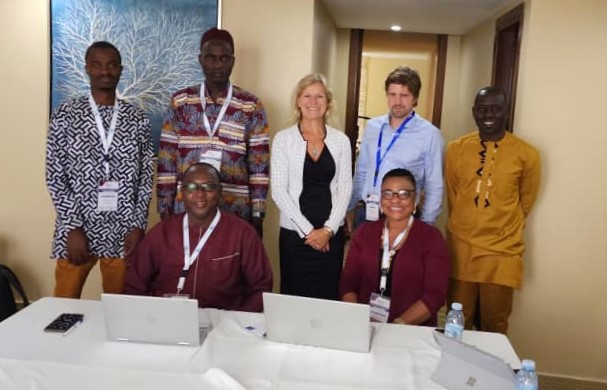
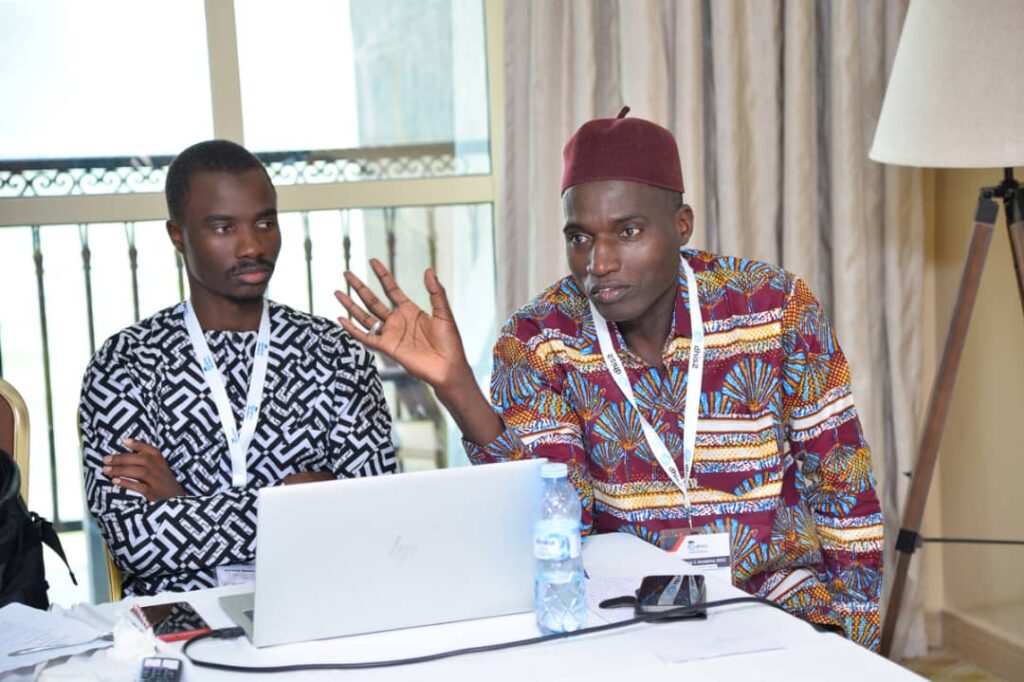
With thanks to our partners
